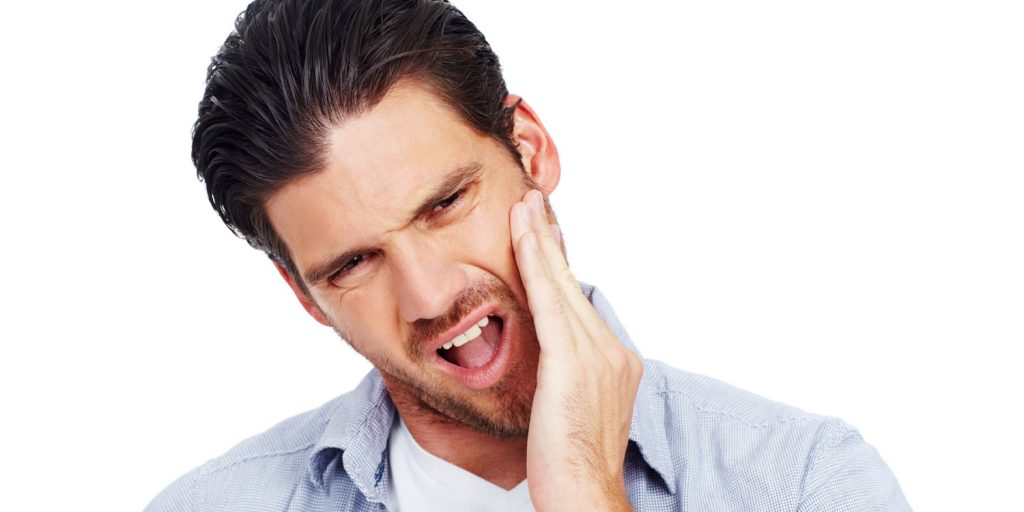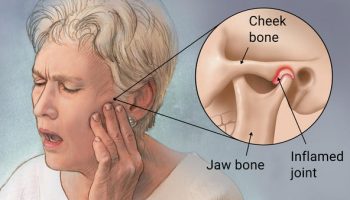Temporomandibular Joint (TMJ) disorders are common. Individuals with a TMJ disorder may experience a variety of symptoms, such as earaches, headaches and limited ability to open their mouth.
One of the most common complaints about the TMJ is popping and clicking within the jaw joint. This is caused by the disk (meniscus) in the middle of the joint being positioned in front of the top part of the lower jaw (the condyle). The popping or clicking occurs when the disk is positioned in front of the condyle and on opening the mouth, the condyle slides on to the disk resulting in the noise.
When symptoms of TMJ trouble appear, consult an oral and maxillofacial surgeon (OMS). A specialist in the areas of the mouth, teeth and jaws, your OMS is in a good position to correctly diagnose the problem. Diagnosing TMJ disorders can be complex and may require different diagnostic procedures. Special imaging studies of the joints may be ordered and appropriate referral to other dental or medical specialists or a physical therapist may be made.
How to deal with TMJ
Relaxation and Stress management
Learning how to relax and minimize stress helps to reduce clenching or grinding of the teeth. Relaxation techniques include alteration of breathing patterns and learning to breathe “correctly”. This can extend to identifying sources of stress and making necessary lifestyle changes. This may include counselling.
Surgery
Only on rare occasions is open joint surgery necessary where the cartilage is usually removed and replaced. Serious side-effects after TMJ surgery are uncommon. While we make every attempt to minimise risks, complications can occur.
Acupuncture
The primary reason acupuncture and Traditional Chinese Medicine is chosen as an approach to healing is because it seeks to resolve the origin of a condition which ultimately results in eliminating the pain and discomfort of the symptoms. So in using acupuncture we are treating the root cause – stress, muscle tension, system imbalances, as well as the pain in the jaw area, all in one treatment. The benefit for the patient is the convenience and potential for resolving a number of related issues within the treatment session.



